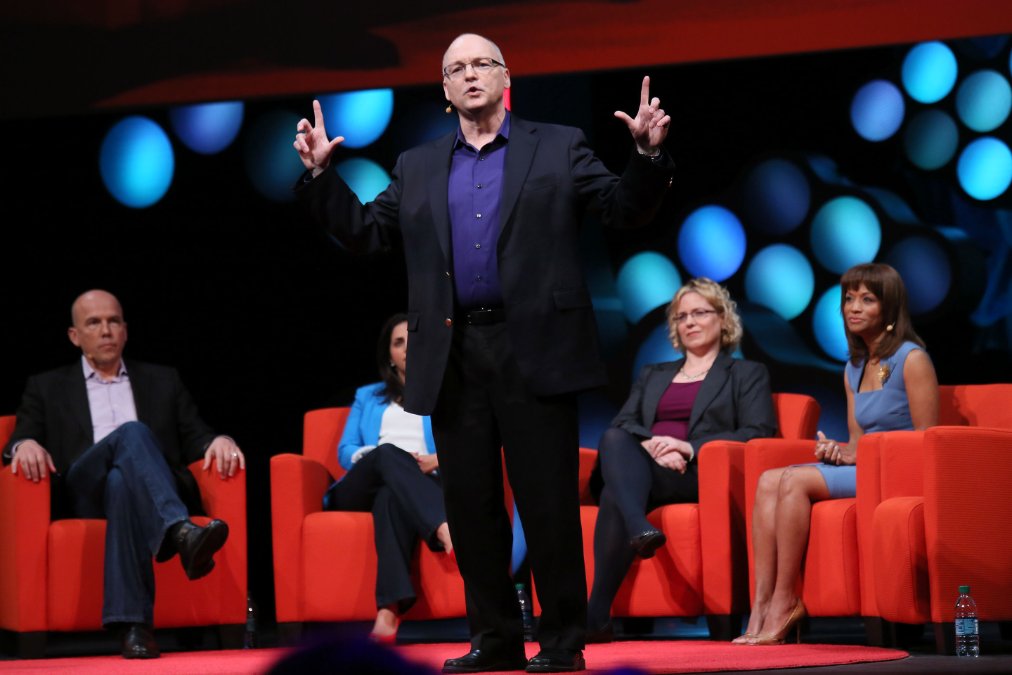Originally published in Corp! Magazine.
By Michael Carmichael
When you ask a university professor a question you should be prepared for an answer that will run 40 minutes and expect to take extensive notes, even if you’re not planning on taking the quiz.
That was what happened when Corp! asked Jeff DeGraff, clinical professor of Management and Organization at the University of Michigan’s Steven M. Ross Business school, how he defines “innovation”.
DeGraff, known as the “dean of innovation” to his private consulting clients such as Coca-Cola, Microsoft, General Electric and Pfizer, as well as to his students in his popular classes at “The Ross,” started off by saying “usually innovation is considered ‘useful novelty.’”
“It’s really just making things better and new,” he simplifies even more. We must be in his 100-level class.
DeGraff got into the innovation analysis business back in the early 1990s when he started developing an “innovation index.” In an approach that was, well, innovative, DeGraff expanded the definition of innovation into four basic forms or competing values. “When I did it, I was considered kooky,” he laughs. “Until I started predicting share prices.” That’s when people started paying attention.
Create
“The first form is what I call the Create form. It’s radical with a lot of risks. The magnitude is high. You’ll see a lot of this in startups, as well as companies beginning to fail.”
Speaking of companies beginning to fail, DeGraff points out that Apple in 1997 was trading at under $5 a share. “When you’re small or you’re dying, the risk and reward are reversed.”
Control
At the other end of the spectrum is the form DeGraff calls Control. He says that the innovations required to succeed – and failure is not an option, he says – are gradual, more a matter of tweaking and process improvement because there are many governmental regulations and standards imposed on the organizations.
Compete
The other two forms are Compete – “which Wall Street loves. This is Goldman Sachs, General Electric, Microsoft. They’re revenue-producing innovators. They innovate to produce very specific goals. The markets within which they operate are often shifting as a result of mergers and takeovers.”
“Innovation is a form of conflict,” DeGraff explains. “The only reason you innovate is to eat – or avoid being eaten. It’s a very Darwinistic form of value.” Thus the mergers and takeovers.

Jeff DeGraff is the Dean of Innovation – an author, speaker, and advisor to Fortune 500 companies and mission-driven organizations worldwide. He’s the CEO and Founder of Innovatrium, Founder of Intellectual Edge Alliance, and Clinical Professor of Management and Organizations at the Ross School of Business at the University of Michigan. Jeff co-created the Competing Values Framework and developed the Innovation Code and Innovation Genome methodologies which provide organizations with practical tools to reconcile competing priorities and drive breakthrough performance. His mission is the democratization of innovation: making systematic innovation accessible to everyone, everywhere, every day.
